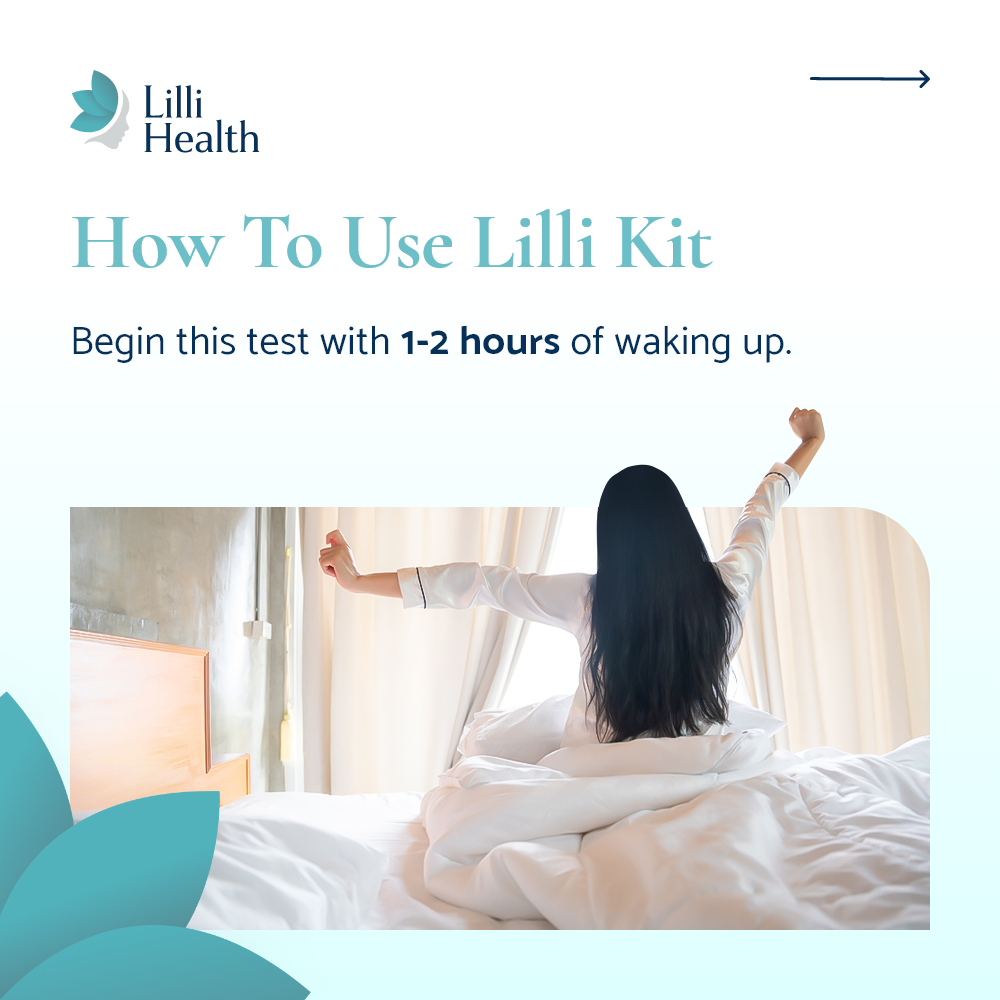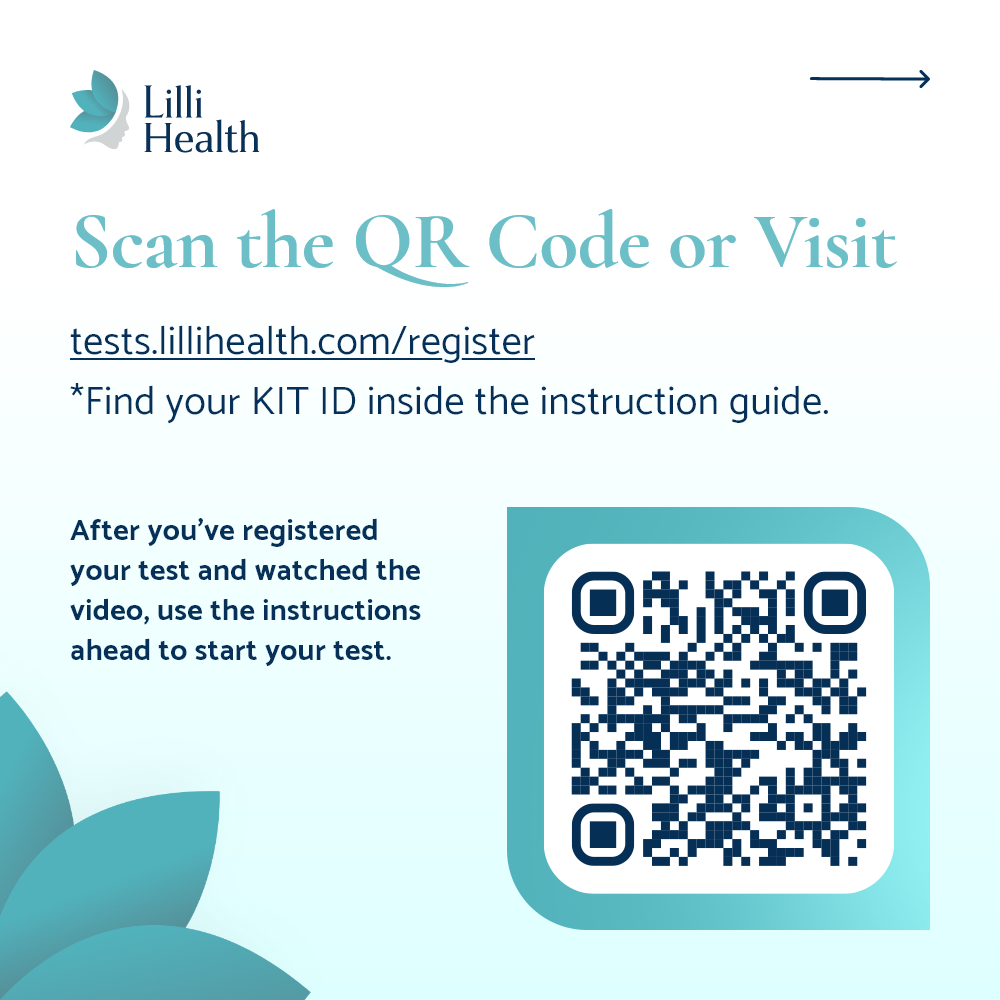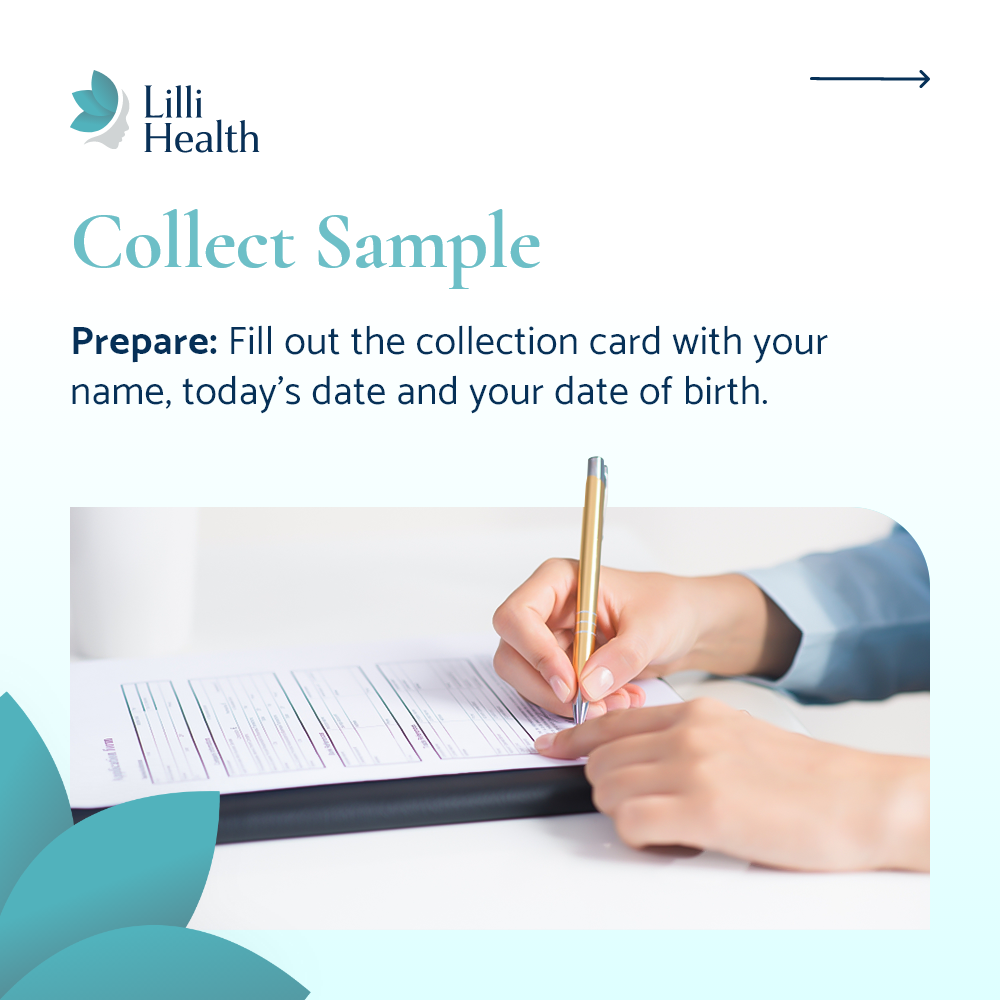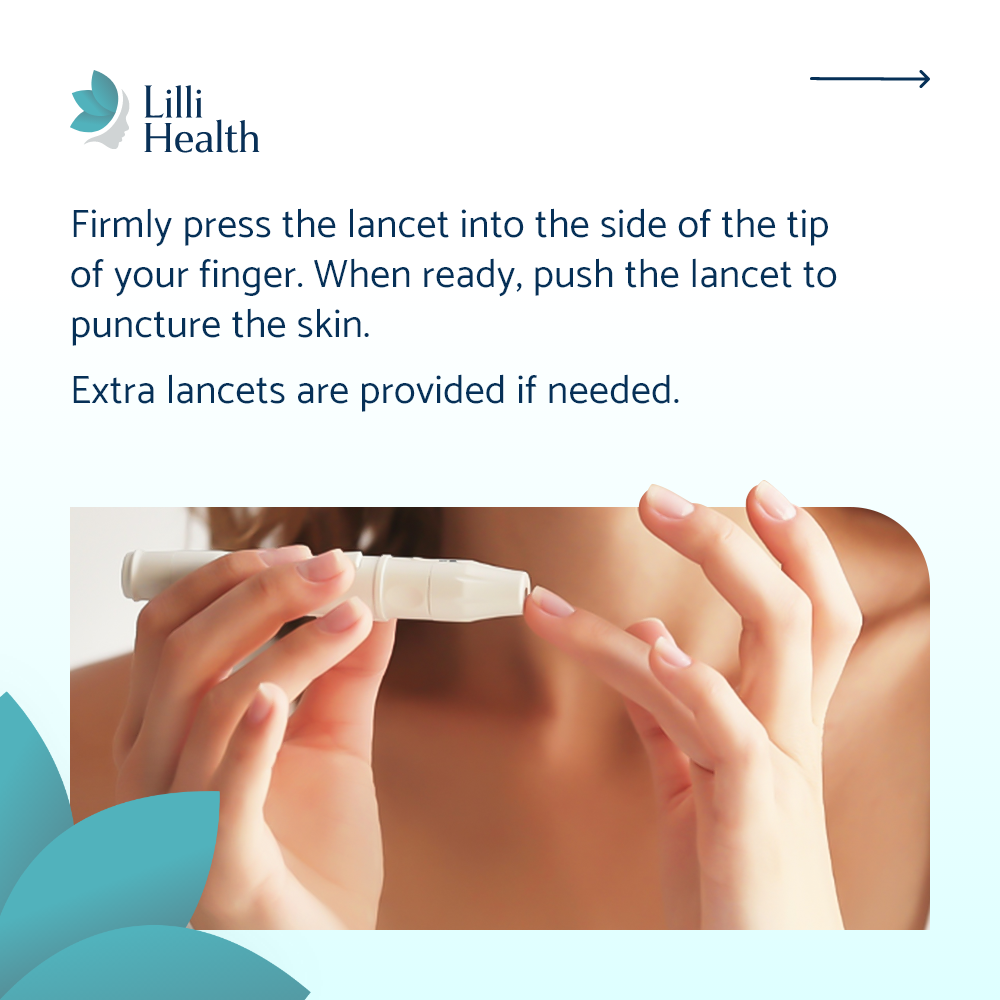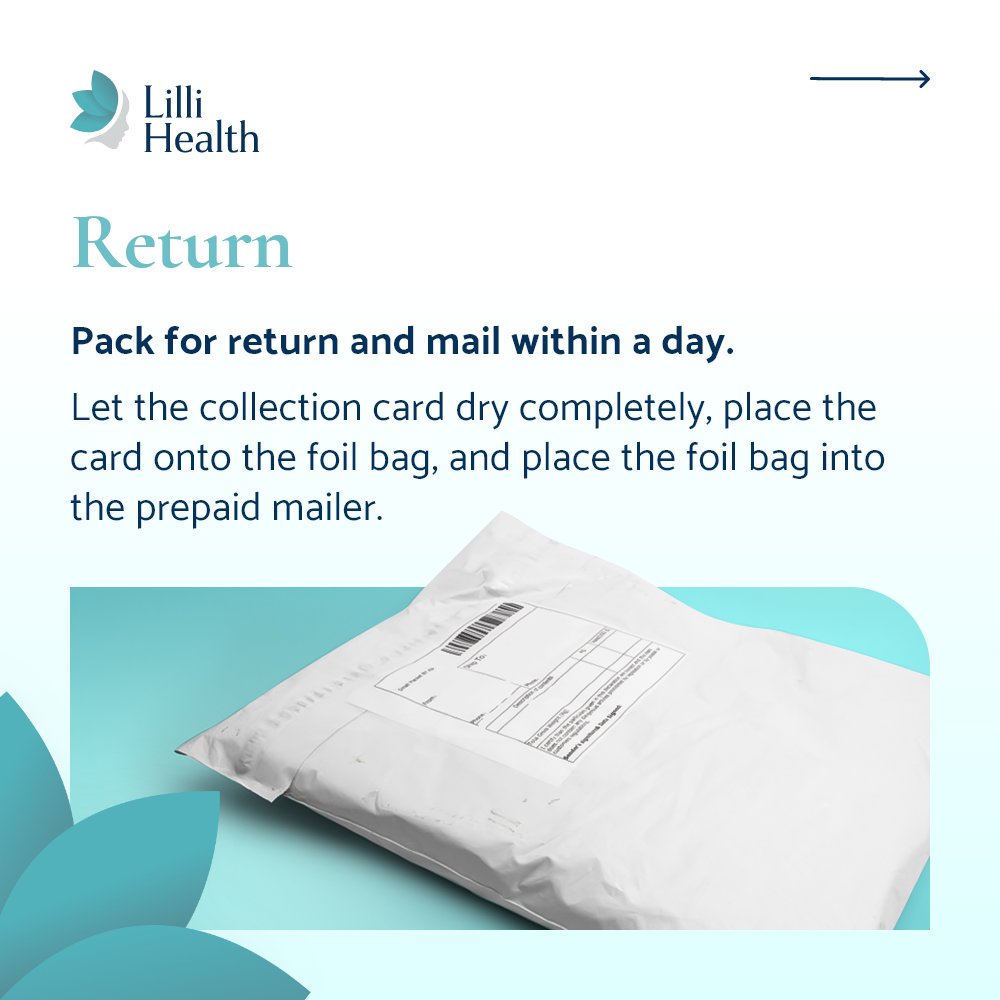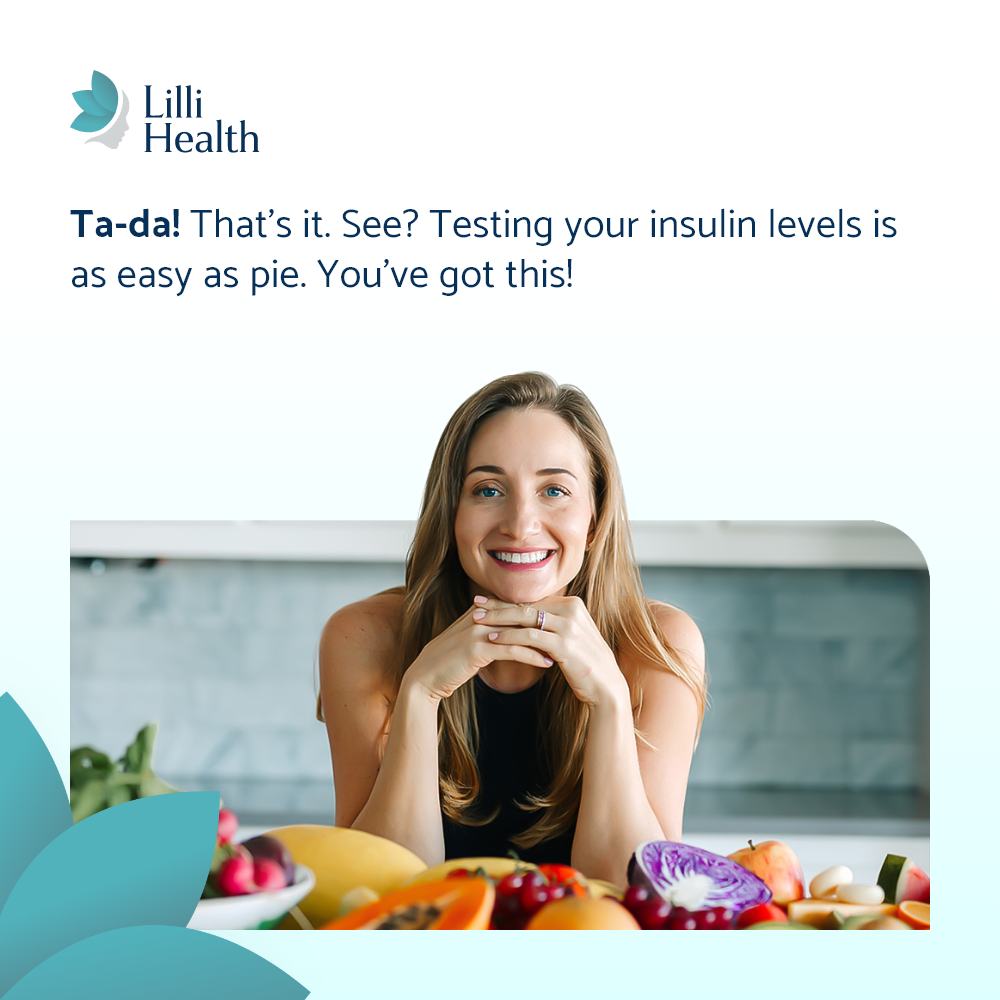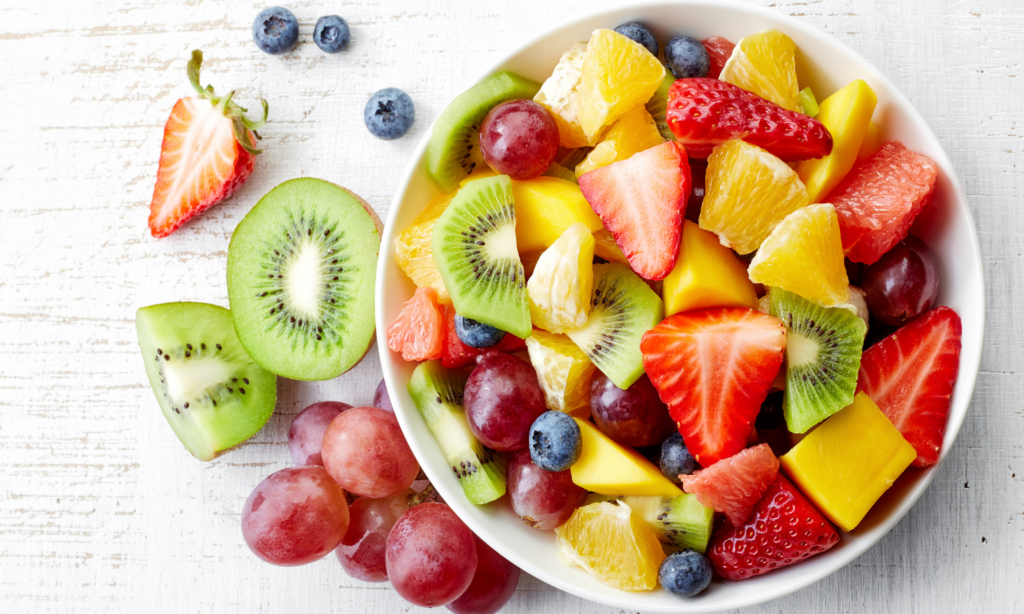

Fruit is Back on the Menu!
Fruit has been unfairly criticized lately, thanks to the rise of diets like Atkins and keto, which have demonized carbs as public enemy number one. It’s a shame because even nutritious veggies like broccoli are frowned upon in these plans. While these low-carb diets do effectively lower insulin levels and aid in weight loss, not all carbs are created equal when it comes to their impact on insulin.
Let’s start by emphasizing that keto definitely gets results. It has been a game-changer for many individuals, especially those who are insulin resistant and struggle to see results on other diets. By cutting out all carbs from your diet, your insulin levels drop significantly. This is particularly beneficial for the 88% of US adults who are insulin resistant, as lowering insulin is crucial for their well-being. When insulin levels stay low, your body can tap into stored fat, boost energy levels, reduce inflammation, improve mental health and cognition, alleviate PCOS symptoms, and even enhance fertility.
However, it’s important to note that these ultra-low carbohydrate plans can be quite restrictive and challenging to sustain over the long term. They may also potentially lead to binge eating tendencies.
While lowering insulin levels is essential for anyone with insulin resistance, including women with PCOS, it’s not necessary to eliminate ALL carbs to achieve that goal. Simply avoiding foods that cause a significant insulin spike is all it takes.
What foods spike insulin? Starches, certain types of dairy high in whey protein, and added sugar. These can cause a spike in insulin levels. Surprisingly, even foods without carbohydrates, like whey protein, can lead to an insulin spike. This occurs because whey protein is packed with branched-chain amino acids (BCAA), which are known to trigger a significant insulin response.
Fruits are amazing when it comes to their carbohydrate content! Despite being high in carbohydrates, fruits are not on the list of foods that cause a spike in insulin levels. Isn’t that fantastic? The primary carbohydrate in fruits is naturally occurring fructose, which should not be confused with high fructose corn syrup. You see, naturally occurring fructose doesn’t lead to a significant increase in insulin levels like glucose does. In fact, glucose is the main culprit when it comes to spiking insulin. It’s worth noting that starches, which consist of hundreds to thousands of glucose molecules linked together, are the only carbohydrate-containing foods that cause a spike in insulin. That’s why starches get the blame while fruits remain guilt-free in this regard. So go ahead and enjoy those delicious fruits without worrying about a sudden insulin rush!

Fruits are an excellent source of fiber, water, vitamins, and minerals, making them a valuable part of a low insulin lifestyle. They also offer antioxidants that aid in safeguarding against heart disease and cancer by reducing inflammation and neutralizing free radicals. Furthermore, fruits are undeniably delicious! Therefore, enjoy whole, fresh fruits without fretting about the carbohydrate content. My only recommendation is to avoid too many dried or canned fruits, as these are easy to overeat. It’s best to enjoy fruit in its raw or frozen form, so incorporate them into refreshing smoothies, add them to vibrant salads, or even experiment with grilling! The possibilities are limitless!
References
- Araújo J, Cai J, Stevens J. Prevalence of Optimal Metabolic Health in American Adults: National Health and Nutrition Examination Survey 2009–2016. Metab Syndr Relat Disord. 2019;17(1):46-52. doi:10.1089/met.2018.0105
- Kolb H, Kempf K, Röhling M, Martin S. Insulin: too much of a good thing is bad. BMC Med. 2020;18(1):224. doi:10.1186/s12916-020-01688-6
- Macut D, Bjekić-Macut J, Rahelić D, Doknić M. Insulin and the polycystic ovary syndrome. Diabetes Res Clin Pract. 2017;130:163-170. doi:10.1016/J.DIABRES.2017.06.011
- Janssen JAMJL. Hyperinsulinemia and its pivotal role in aging, obesity, type 2 diabetes, cardiovascular disease and cancer. Int J Mol Sci. 2021;22(15). doi:10.3390/ijms2215779
- Basciano H, Federico L, Adeli K. Fructose, insulin resistance, and metabolic dyslipidemia. Nutr Metab (Lond). 2005;2(1):5. doi:10.1186/1743-7075-2-5
- Norton L, Shannon C, Gastaldelli A, DeFronzo RA. Insulin: The master regulator of glucose metabolism. Metabolism. 2022;129:155142. doi:10.1016/j.metabol.2022.155142
- Kanehara R, Goto A, Sawada N, et al. Association between sugar and starch intakes and type 2 diabetes risk in middle-aged adults in a prospective cohort study. Eur J Clin Nutr. 2022;76(5):746-755. doi:10.1038/s41430-021-01005-1
- Gannon MC, Nuttall FQ, Westphal SA, Fang S, Ercan-Fang N. Acute Metabolic Response to High-Carbohydrate, High-Starch Meals Compared With Moderate-Carbohydrate, Low-Starch Meals in Subjects With Type 2 Diabetes. Diabetes Care. 1998;21(10):1619-1626. doi:10.2337/diacare.21.10.1619
- Feng R, Du S, Chen Y, et al. High carbohydrate intake from starchy foods is positively associated with metabolic disorders: A Cohort Study from a Chinese population. Sci Rep. 2015;5. doi:10.1038/srep16919






















